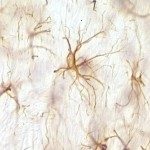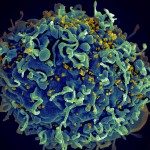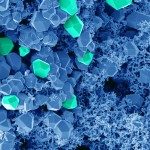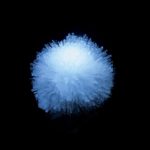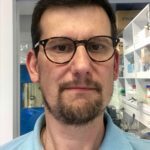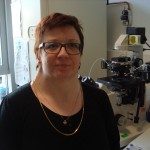Présentation
TITLE:
CORONABODIES : Production of SARS-CoV-2 nucleoprotein (N) and spike (S) recombinant antigens and generation of anti-N and anti-S nanobodies for diagnostic and therapeutic applications.
SUMMARY
We propose a joint effort to generate as rapidly as possible unique tools : (i) recombinant nucleoprotein (N) and spike (S) antigens of SARS-Cov-2 and (ii) nanobodies directed against these 2 proteins. These tools will be make available to pasteurian labs and our consortium will synergize to develop diagnostic and therapeutic applications: N- and S-based serological assays, nanobodies-based antigen detection assays and neutralizing and potentially broadly cross-reactive nanobodies against the S proteins of betacoronaviruses.
Short introduction/Rationale
The current COVID-19 epidemic necessitates rapid development of:
- Fast and reliable diagnostic assays of SARS-CoV-2 infection, which could be performed within minutes at any time and any place away from the bench, as well as specific and sensitive serological assays to monitor in near-real time the spread of the epidemic and help the implementation of mitigation measures,
- Very efficient therapeutic antivirals, based on a proven technology to reduce clinical development time.
In that respect, the goal of our project is to produce as fast as possible the required tools which will allow to achieve the afore mentioned goals by leveraging optimal academic collaborations and industrial partnerships.
First, we will produce recombinant SARS-Cov-2 nucleoprotein (N) and spike glycoprotein (S) in proven expression systems and generate nanobodies directed against these 2 major antigens.
Our consortium will then contribute and synergize, in connection with DARRI and S. van der Werf NRC to develop diagnostic and therapeutic applications: (i) N- and S-based serological assays will permit serological survey of exposed population and shall contribute to the sorting of suspect cases, (ii) multi-target and sensitive nanobodies-based (immunocapture) antigen detection assays shall contribute to fast and efficient sorting of suspect cases, (iii) neutralizing anti-S nanobodies will provide direct options for clinical therapeutic development and (iv) anti-N intrabodies will be evaluated for their capacity to inhibit the replication of SARS-CoV-2 genome capitalizing on the Carnot MS IBOVIR program which aims to develop intracellularly active nanobodies (intrabodies) as an innovative antiviral approach.
Efforts will also be devoted in order to (v) identify potentially broadly cross-reactive nanobodies against the S proteins of most betacoronaviruses.
